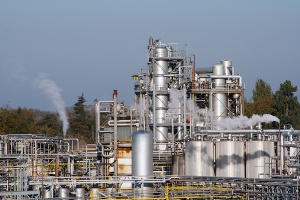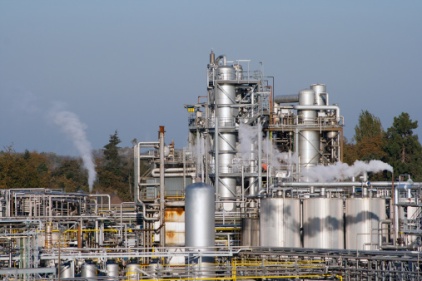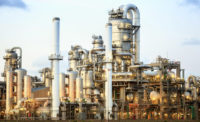 A new national poll released by a coalition of more than 100 health, labor, community, environmental and public interest organizations shows that, in the wake of the West, Texas, chemical plant explosion, Americans strongly support new federal requirements to prevent disasters at facilities that store hazardous chemicals.
A new national poll released by a coalition of more than 100 health, labor, community, environmental and public interest organizations shows that, in the wake of the West, Texas, chemical plant explosion, Americans strongly support new federal requirements to prevent disasters at facilities that store hazardous chemicals.
The survey conducted by Lake Research Partners, Inc. found:
- 55% of voters agreed that "the federal government should require chemical facilities to use safer chemicals and processes" when they are effective, available, and affordable.
- 7% opposed the idea of new safety requirements.
- Support for federal safety requirements increased to 59% across all groups - including a majority of Republicans - when respondents were told that more than 100 million Americans live in high-risk zones around chemical plants and that hundreds of plants have switched to safer chemicals.
- 22% of likely voters agree with the statement: “Requiring chemical facilities to switch processes is unnecessary government bureaucracy and too expensive. We cannot afford new burdensome regulations that cost businesses money, raise the prices of goods for consumers, and threaten to cut thousands of jobs.”
The Coalition to Prevent Chemical Disasters, which commissioned the poll, is urging President Obama to follow through on the executive order he issued in August requiring three federal agencies to coordinate their activities to propose new policies that will significantly enhance the safety and security of chemical facilities.
The coalition says 600 facilities have already switched to safer chemicals and processes, but with approximately 12,400 high risk chemical plants in the U.S. that store and use highly hazardous chemicals, voluntary efforts are not enough.
“Eighty-nine of these facilities put more than one million people at risk.”
Under the executive order, the EPA and other agencies have until October 31st to identify new policy options and until May 1st of 2014 to report their recommendations to the president.
One potential policy was undertaken after 9/11. Many water treatment plants that had been using chlorine in gas form – a highly explosive chemical in that form to disinfect and ensure clean water – switched to the non-combustible liquid form of the chemical. Many of the plants that did not switch over started to store less of the gas on the premises, making it much safer and reducing the threat that terrorism could have posed to communities.




